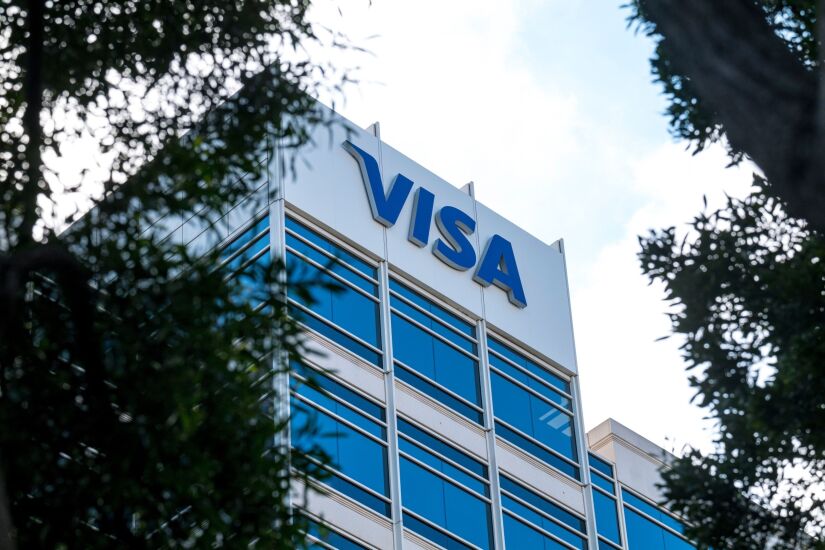More demographic groups are demanding access to salaries in something other than a traditional two-week pay cycle, leading banks and payment firms to get more aggressive in offering alternative ways to handle payrolls.
"By providing their employees access to the money they have already earned, employees have more short-term liquidity to avoid overdrafts, late fees, and expensive payday loans," said Ram Palaniappan, CEO of Earnin, a firm that offers an earned wage access (EWA) service, which allows employers to offer a portion of employees' earnings before a regularly scheduled payday.
Along with buy now/pay later lending,
Consumer financial health is in decline, a trend that started during the pandemic and has accelerated amid high inflation and fears of an economic downturn.
Workers earning more than $100,000 per year who live paycheck to paycheck doubled between 2019 and 2020, growing from 18% to 36%, according to
Also, 53% of single parents, 52% of workers earning less than $50,000 and 57% of people in poor health live paycheck to paycheck. Someone who would not be able to pay basic monthly expenses if unemployed is considered to be living paycheck to paycheck.
"In a world where unexpected expenses have become too common, and prices are rising due to unprecedented inflation, we're hearing from clients that their employees often need or want access to their wages on an ad hoc basis," said Doug McKinley, senior vice president and head of innovation for PNC Treasury Management.
Here are some firms that have recently added flexible salary options for their employees.













